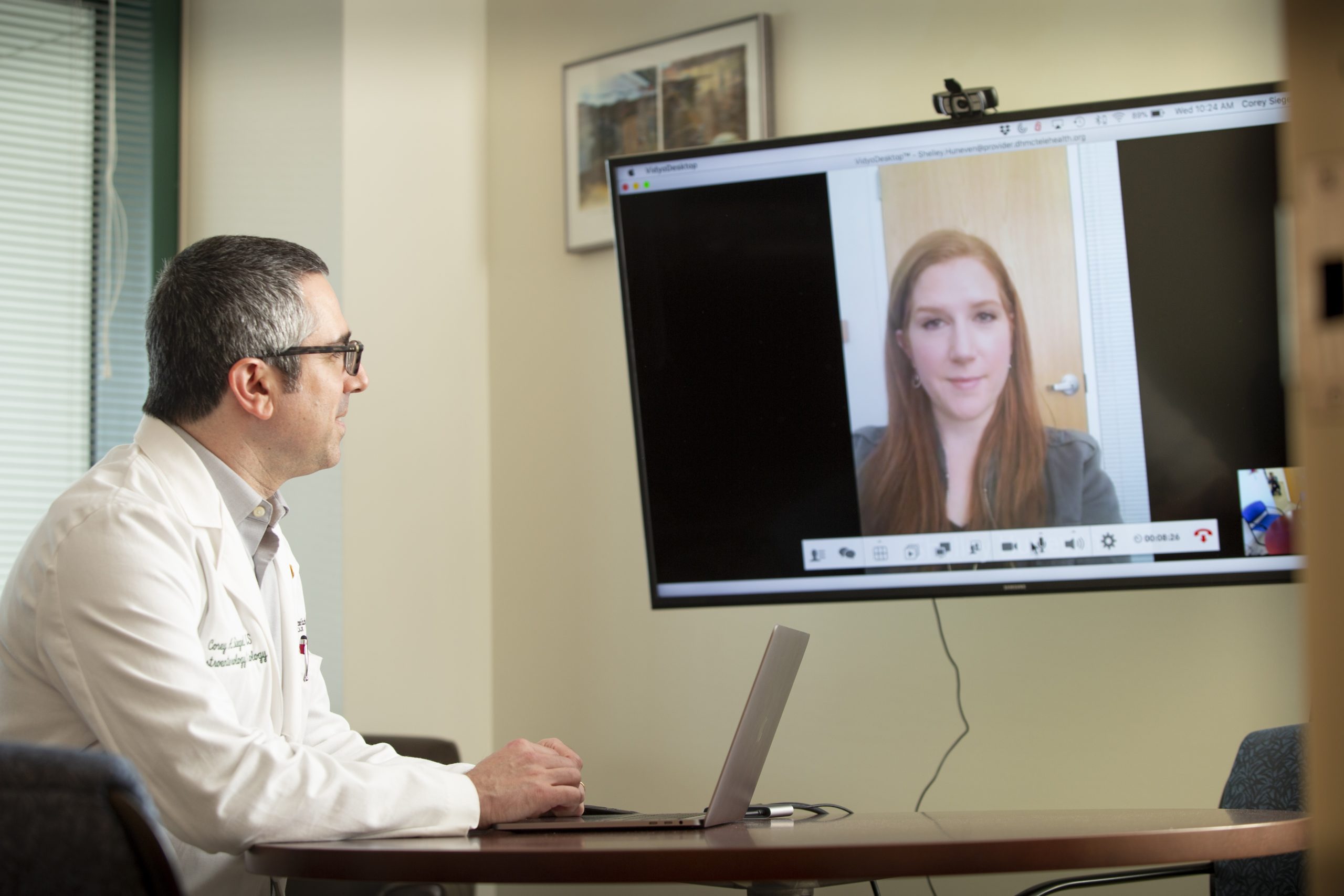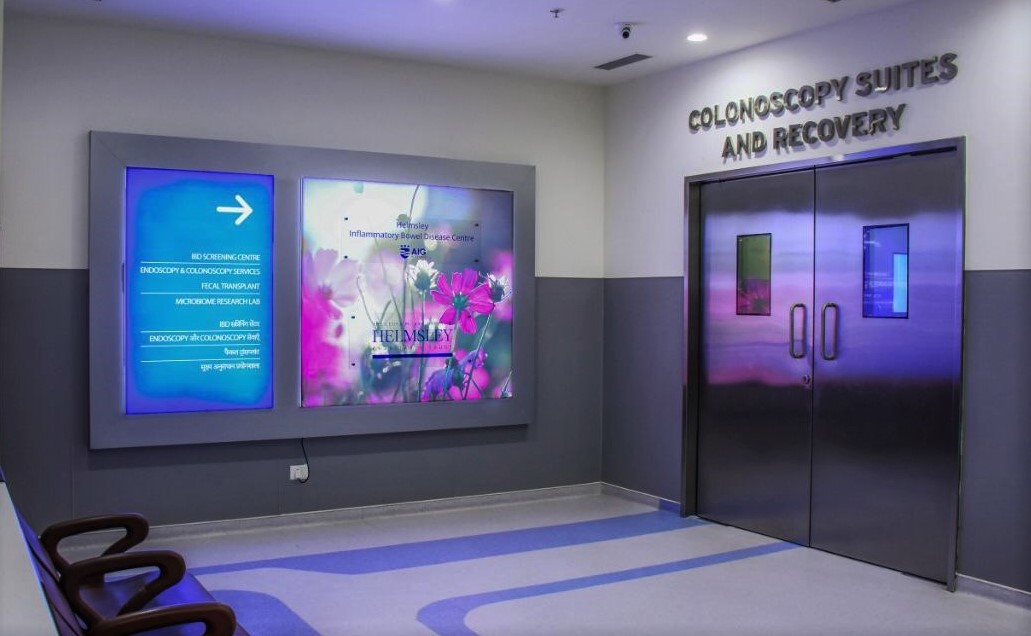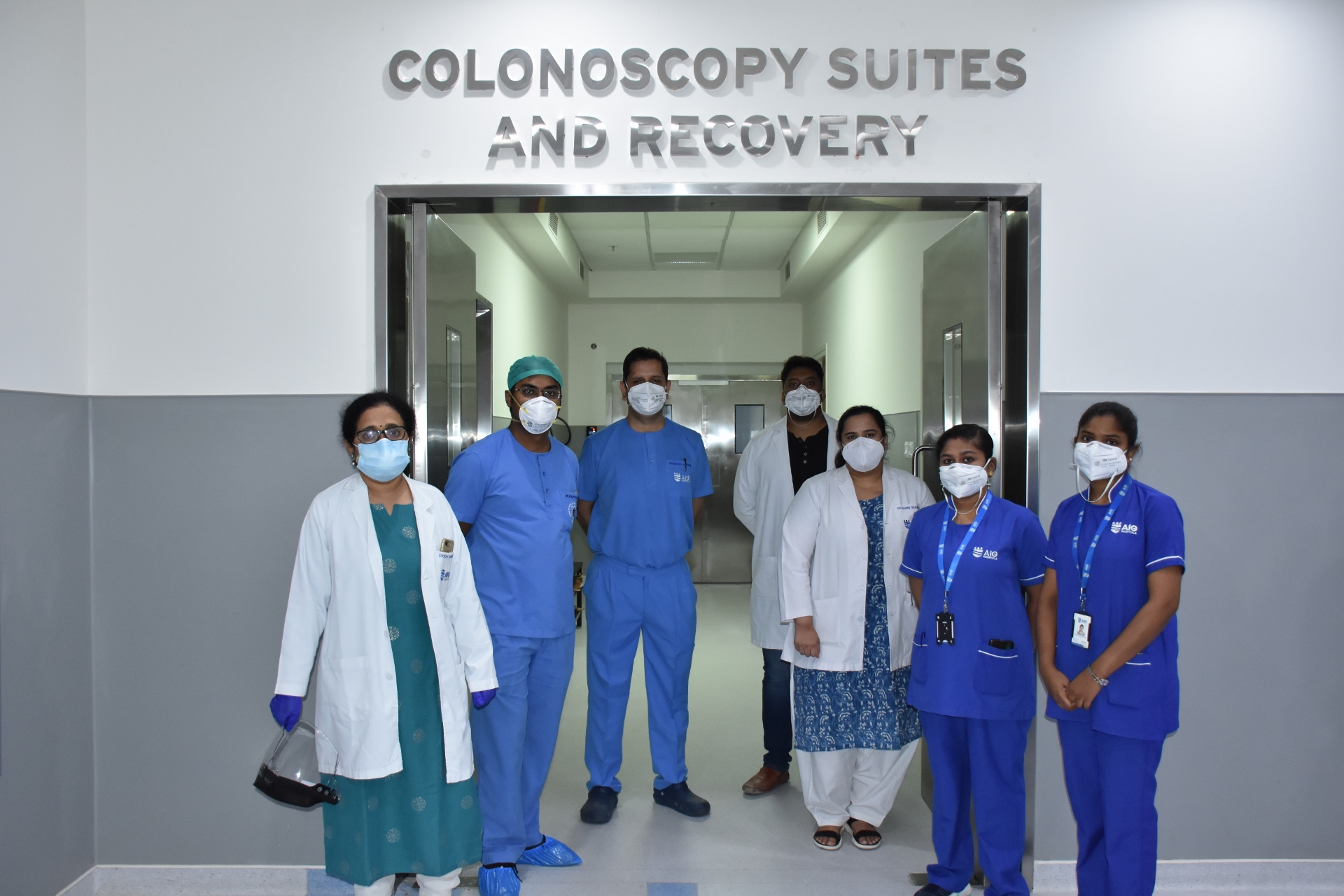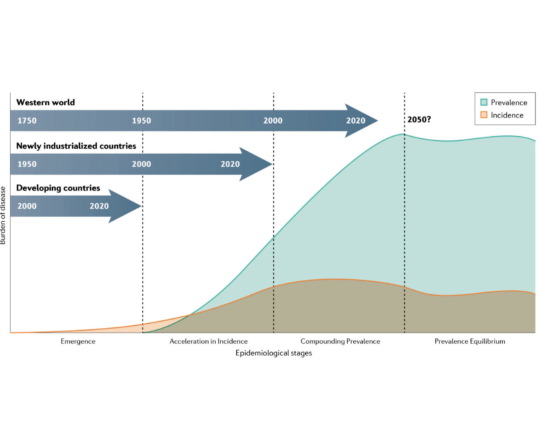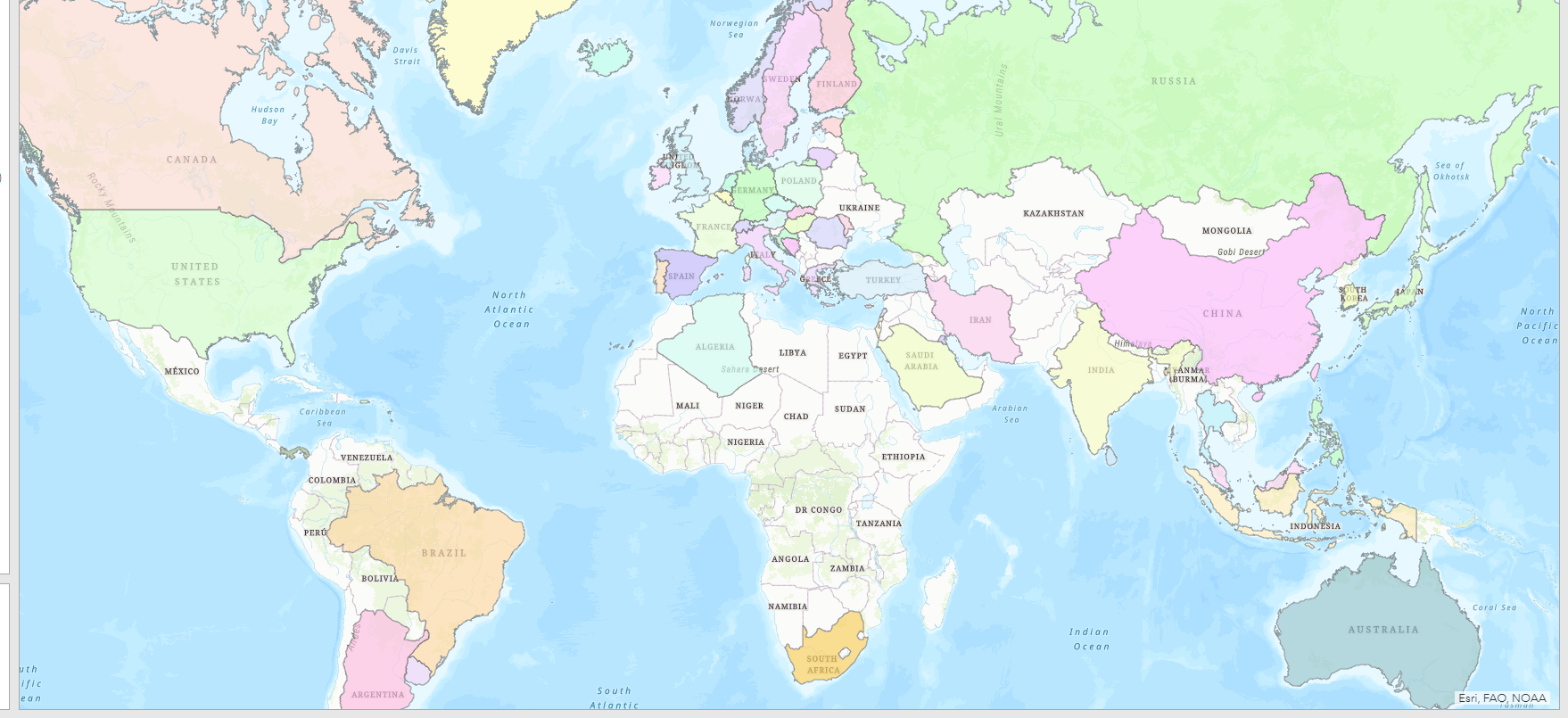Crohn’s disease is a lifelong chronic inflammatory condition that is marked by unexpected flares and painful complications, which require time-consuming and complex care coordination and may cause significant emotional burden.
Accessing High-Quality Care
Helmsley has made Crohn’s disease management a priority, including initiatives aimed at improving access to care. Patients deserve easily accessible, high-quality care that is built on informed, collaborative decision-making with their providers. Our goal is to ensure that any individual living with and managing the disease can access care anytime, from anywhere in the world. Our research shows low provider awareness of Crohn’s disease and of inflammatory bowel disease in general. Crohn’s disease is poorly understood by many general healthcare providers, and many parts of the world lack access to specialists who can appropriately diagnose, treat and manage it. This shortage forces patients to either travel great distances for care or to accept substandard treatment locally.
Providing Patients with Tools and Resources
Even before the COVID-19 pandemic accelerated the use of telemedicine, Helmsley had supported the expanded use of these technologies, including virtual clinics, as a way to connect Crohn’s disease patients with providers. These efforts are designed to provide immediate relief for people living with and managing Crohn’s disease while also improving their long-term quality of life.
Much of our work also centers on funding innovative monitoring devices and technologies that help Crohn’s disease patients offset traditional gaps in their health care. One challenge facing patients is the inability to predict disease flares.
